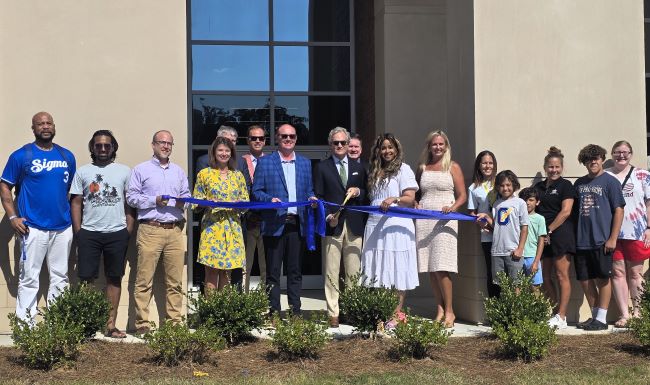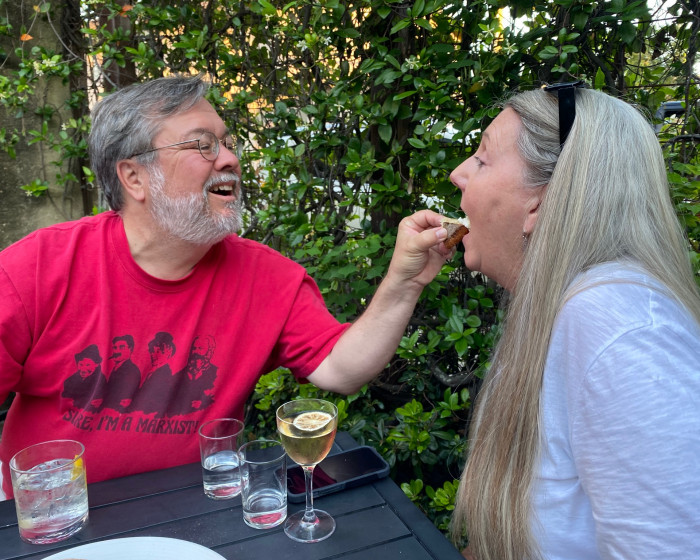Gamma-ray bursts are topic of tonight’s Science Cafe
Published 11:38 am Tuesday, November 15, 2016
Recent breakthroughs in astrophysics and their impact is the topic for a monthly public science forum organized by the University of Mississippi Department of Physics and Astronomy.
The fall semester’s third meeting of the Oxford Science Cafe is set for 6 p.m. tonight at Lusa Bakery Bistro and Bar, 1120 North Lamar Blvd. Karelle Siellez, a postdoctoral researcher in astrophysics at the Center for Relativistic Astrophysics of Georgia Institute of Technology, will discuss “Light on the Brightest Events of the Universe: the Gamma-Ray Bursts.” Admission is free.
“Gamma-ray bursts are the most energetic explosions in the universe,” Siellez said. “Jets of high-energy gamma rays travel at the speed of light to reach the Earth and inform us about their sources. They are thought to be released during the core collapse of a massive stars or the merging of neutron stars.”
Trending
Siellez’s 30-minute presentation will discuss the kinds of information that can be obtained from those events, how to detect them, what can be done to understand them better and what would happen if one of those “explosions” was close to the Earth.
“The knowledge about the process of emission of gamma-ray burst has improved in the last decade, thanks to new dedicated satellites designed to detect them,” she said. “With the advent of this new era in gravitational-wave observations, we should soon be able to observe gamma-ray bursts in different, complementary ways. This will help us solve a lot of mysteries on what causes these bursts.”
Organizers of the event said Siellez’s appearance should be most interesting.
“Dr. Siellez is a leader in the research of these powerful cosmic explosions,” said Marco Cavaglia, UM associate professor of physics and astronomy. “Her wealth of knowledge is sure to inspire and inform those in attendance.”
Siellez earned her master’s degree in astrophysics at the Observatory of Paris. She completed her doctorate in astrophysics in 2015 in Nice (France) under the direction of Michel Boer. Her dissertation research was on multimessenger astronomy and coalescence of compact binary objects.
She is working on gravitational-wave data analysis as a member of the LIGO Scientific Collaboration.
Trending
For more information about Oxford Science Cafe programs, go to http://www.phy.olemiss.edu/oxfordsciencecafe. For more information about the Department of Physics and Astronomy, visit http://www.olemiss.edu/depts/physics_and_astronomy or call 662-915-7046.





